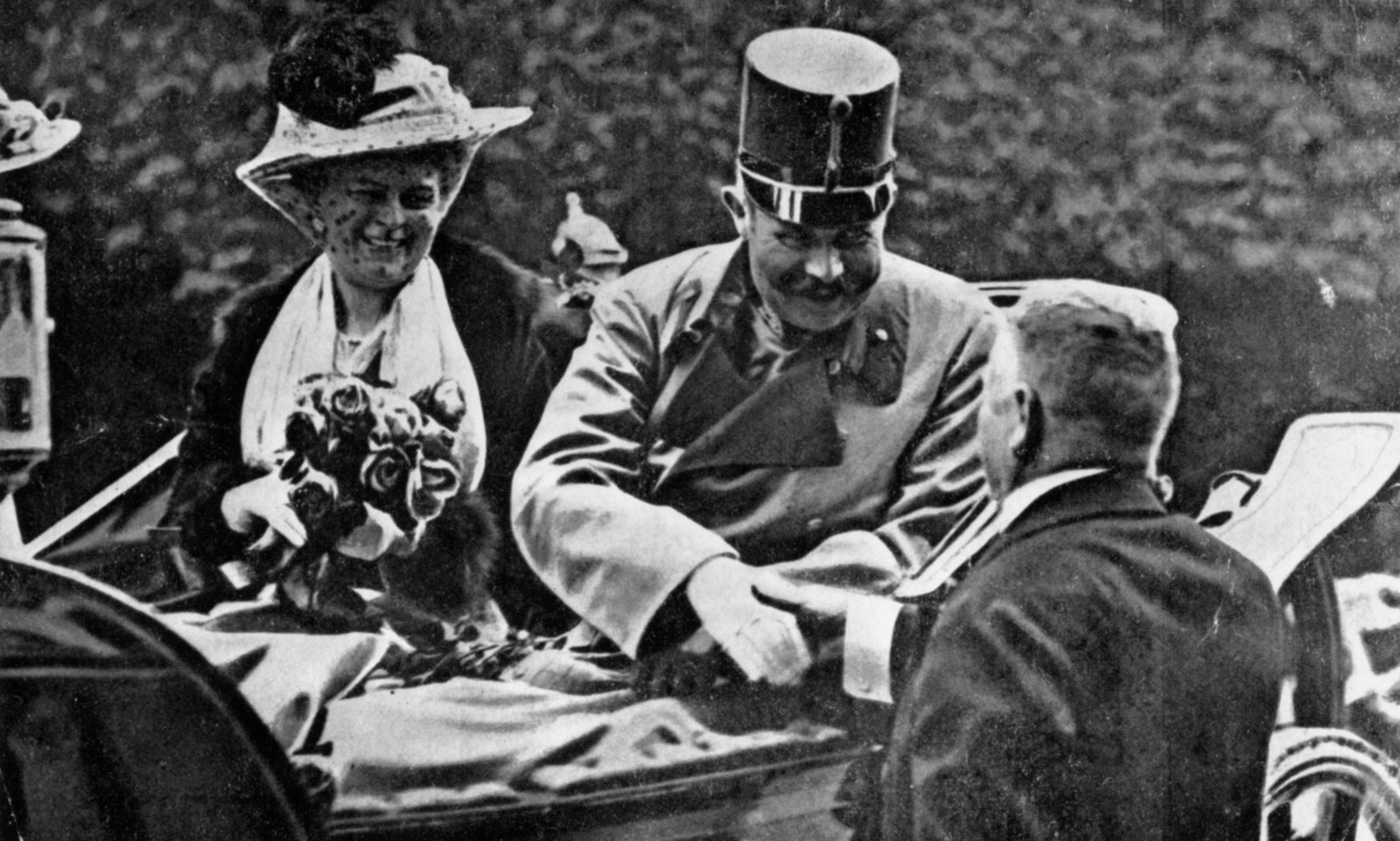Archives
Assassinations in Sarajevo - how Reuters almost got it wrong
Friday 27 June 2014
 One hundred years have passed since two fateful shots rang out in the Bosnian city of Sarajevo.
One hundred years have passed since two fateful shots rang out in the Bosnian city of Sarajevo.
The assassination of Archduke Franz Ferdinand, heir to the Austrian throne, and his wife Sophie (photo shortly before they were shot) by “Young Bosnia” activist Gavrilo Princip, 20, a Bosnian Serb, seemed of importance solely to the states directly involved. The objective of Princip and his group was to separate Austro-Hungary’s southern Slav provinces so that they could be combined into a Greater Serbia or Yugoslavia. But - like a collapsing house of cards - this set off a series of events which, once begun, was unstoppable. Little more than a month later, Europe was embroiled in the Great War.
The assassinations on Sunday 28 June 1914 almost caught Reuters on the hop. Reuters correspondents had been covering growing international tensions for years and should have been prepared. But the sub-editor who took the call was geared up to expect something quite different - the result of that afternoon’s Grand Prix horse race at Longchamp in Paris which was run on a Sunday. Thus, when news of the assassinations was telephoned to London as received by Reuters in Paris from the French agency Havas, the sub-editor too readily assumed it to be the result of the race. Luck was on Reuters’ side. In the nick of time, a more senior editor glanced at the message about to be transmitted to subscribers: The result of the Grand Prix at Paris this afternoon was 1 Sarajevo; 2 Ferdinand; 3 Assassiné.
Acting quickly, he stopped its transmission to the wire. A correct version of the assassination report was then issued.
The result of the Grand Prix at Paris this afternoon was 1 Sarajevo; 2 Ferdinand; 3 Assassiné.
The message as published by Reuters seems to have vanished. It seems never to have appeared in any daily newspaper. This is probably because the Archduke and his wife were declared dead at about 10:30 am UK time on the Sunday morning. Had it happened on any other day of the week the Reuters telegram would have been printed verbatim in the evening papers. But no evening papers were published on Sundays. By the following day, torrents of further information had been received, much of it also coming from Reuters. The initial snap was now old news.
This story begs a further question.
The Paris Grand Prix was run at 2:00 pm Paris time (1:00 pm London time). Thus it would be reasonable to guess that the Reuters sub-editor was standing by in readiness for the result at around 1:30 pm London time. By 1914, was important news really taking three hours to travel between Sarajevo and London? I understand that Belgrade, the Serbian capital, did not learn of the assassinations until the evening.
Thus it was on 28 June 1914 that Reuters narrowly avoided becoming famous for a ludicrous mistake. It was still busily reporting four years later when the Armistice took effect on 11 November 1918.
Postscript: The result of the 1914 Grand Prix de Paris was 1 Sarandapale; 2 La Farina; 3 Durbar.
Note: This article has been corrected. The original version wrongly identified Sarajevo as a Serbian city. ■
- « Previous
- Next »
- 41 of 49